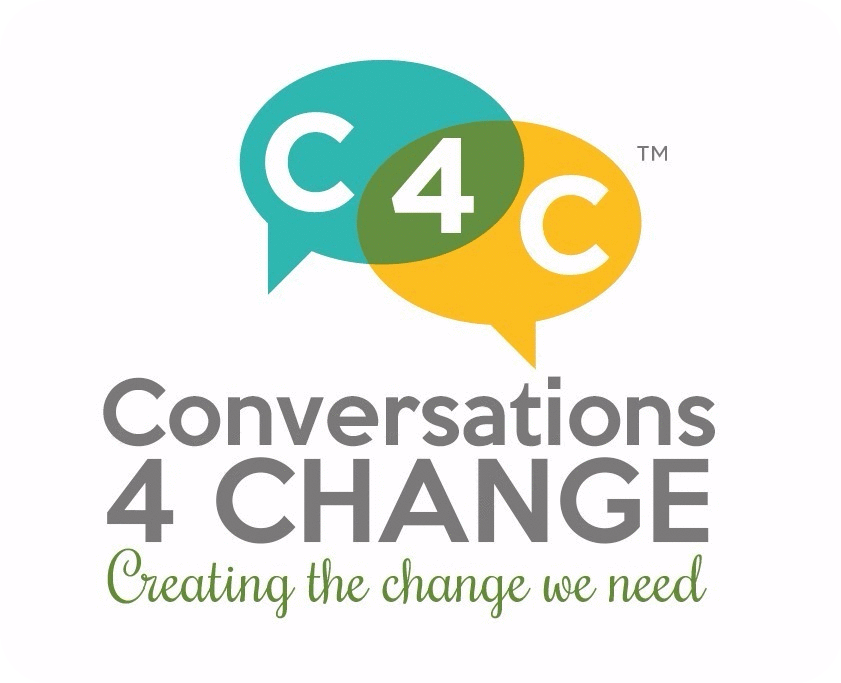linkedin.com
Today is World Telecoms day, and as we continue to celebrate telecommunications and advocate access for all, we must explore how it has made the world a much closer community, and a much smaller and accessible place. Here are six factors which have enabled this connected globe:
1. The internet is probably the greatest facilitator of free-flowing communication across the world. The ease of logging into websites – both social or otherwise – and plugging into current and historical happenings is the major reason why knowledge is exponentially more available and easy to distribute.
2. In a related way, social media sites have further opened up the channels of communication to allow unprecedented access to diverse cultures and realities. Events in one place are witnessed by the entire world as they occur. The Egypt revolution, for example, was started and experienced worldwide, and in real time, thanks to social media sites like Facebook and Twitter.
huffingtonpost.co.uk
3. The digitization of print and electronic media has also lent ease of access. People can now watch and read the news on their devices and even have them delivered to their emails and social media accounts.
4. Phones and telecoms have rapidly evolved into the sophisticated devices they are today, which enables people to potentially hold the entire world in their palms.
5. Compared to as recent as half a century ago, there is far increased ease of travel from one end of the globe to the other, which has provided opportunities for people to experience various cultures and systems.
6. It's becoming more and more affordable to have access to the internet on phones and computers, and youths in poorer climes are able to view the rest of the world through this lens.
idibon.com
This unrestricted access has made it possible for people to be more intimate with the realities of others on opposite ends of the globe and therefore to have a wider appreciation of issues in a global context. Young people can easily get information about what their rights are. They can now compare their experiences with that of other young people in other climes. They can access vast tomes of history, and projections not just about their culture but also about cultures different from theirs. They can do all these things from their phones and their computers, just by going online. So, they easily and quickly know what is happening at the moment, how things got to their current state, and the possibilities for the future.
Because of this, young people have high, informed expectations of what their lives can be like in a stable and progressive environment. They expect freedom, opportunity and prosperity. Unfortunately, and especially in developing regions, their reality is quite different, and this leaves room for disappointment and disillusionment.
Post your comments and join us in discussing the potential implications of a world where communication is so easy and young people are more aware of their rights.




